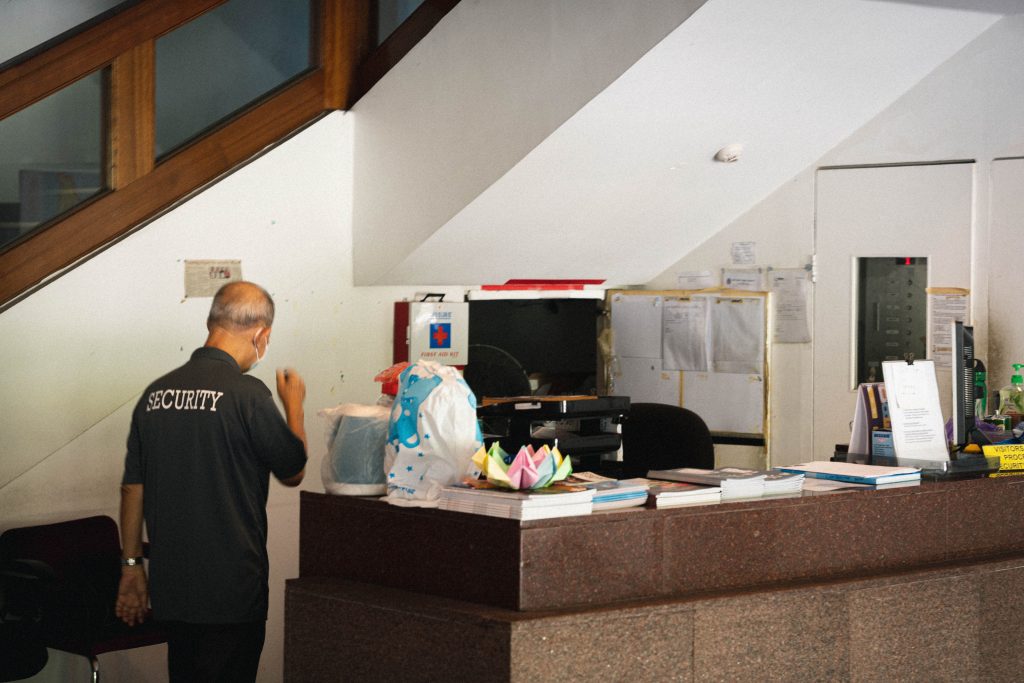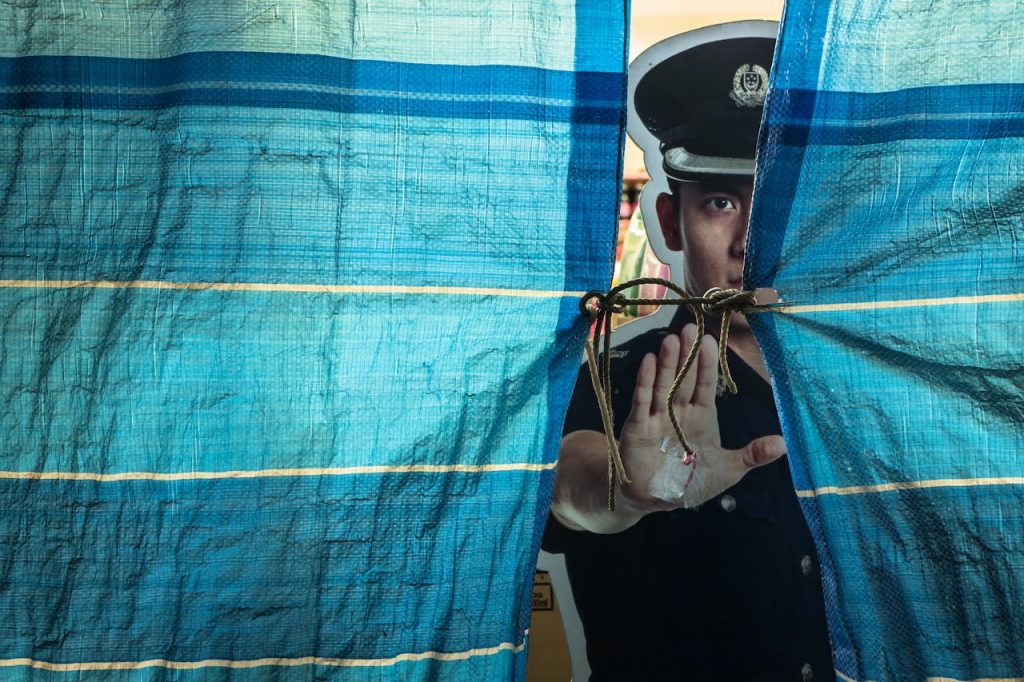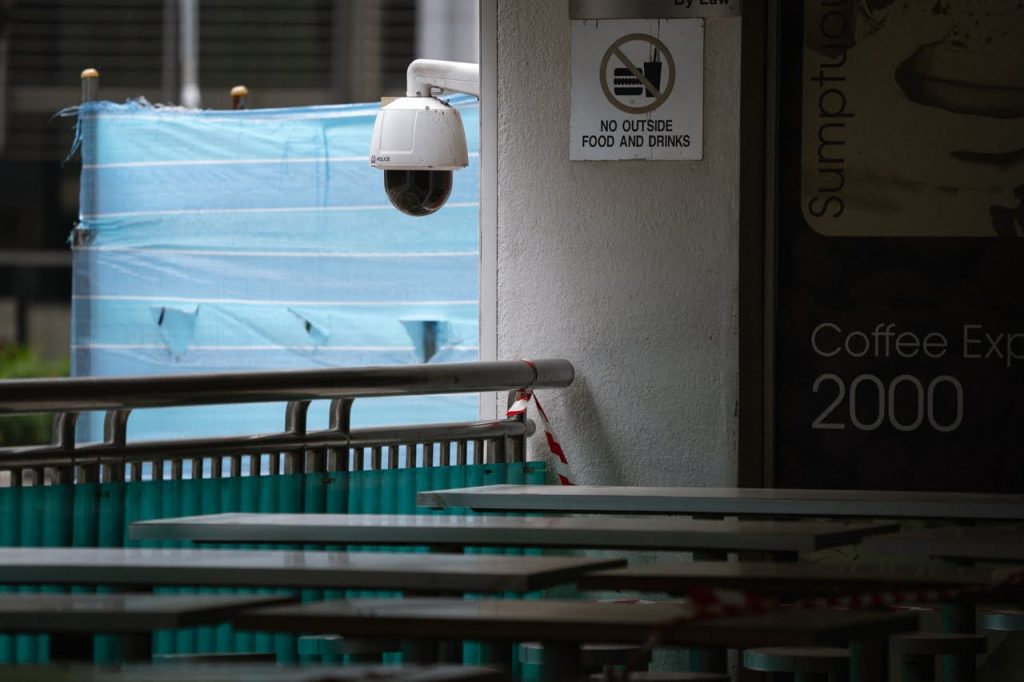Top image: Zachary Tang / RICE file photo
“What’s that?” a colleague laughs when I bring up the name Jemaah Islamiyah (JI).
“Wasn’t that a terrorist group or something,” remarks another, before she turns back to a TikTok video about dismantling the patriarchy or something.
ADVERTISEMENT
To be fair, 20 years is a long time — enough for an entire generation to grow up believing that one of the worst things to befall the country are voyeurs in school toilets (they’re still terrible though).
Compared to the 2001 attacks on the World Trade Centre in New York City by Al-Qaeda, the foiled bomb attack on the foreign embassies in Singapore by JI that same year hasn’t resonated with the same shocking reputation or historical eminence.
Crash course: JI is a militant extremist group affiliated with Al-Qaeda with members that span across Southeast Asia, including Singapore. In a bid to establish an Islamic state in the region post-9/11, JI’s local outfit plotted with Al-Qaeda operatives to blow up Western influences. Targets included the United States and Israeli embassies as well as the Australian and British high commissions. Yishun MRT station as well — because of a shuttle bus service which ferried US military personnel to the station, not for other reasons.

The plan was thwarted of course, because we’d be writing a different story right now if it wasn’t. Tipped off by a member of the public, the Internal Security Department (ISD) mounted surveillance on a group of people associated with Mohammad Aslam bin Yar Ali Khan, a Singaporean man who had links with Al-Qaeda and was arrested in Afghanistan in November 2001.
The arrest kicked off a crackdown operation in Singapore, with six JI members arrested on December 9, and 15 more detained under the Internal Security Act for terrorism-related activities within the same month.
All of them, except one, are Singaporeans.
So it’s odd that the incident hasn’t exactly left a major cultural impact. This is, after all, a reminder that we’re not spared from transnational terrorism or home-grown radicalisation. It’s freaky that we nearly had our own 9/11-level incident in the 21st century, and that’s just one public case that we know of. The declassified details of the terror plans JI made recently released by the ISD shouldn’t have been shocking, but it was.
Just earlier this year, Senior Minister Teo Chee Hean warned that members of JI have been or will be released from prison soon. But, just like before, there’s not much chatter about it beyond a Straits Times article.
The Collective Amnesia

Perhaps the lack of fear (hence the lack of coverage) is partly the result of collective amnesia on our part. Kind of like what happened within the walled city of Ba Sing Se in Avatar: The Last Airbender. With that in mind, I turned to the youngest friend and university student I know, Jay, to see if they’ve even heard of the name Jemaah Islamiyah.
ADVERTISEMENT
“Oh yeah, I learnt about them in my history class.”
It takes a full minute for the words ‘history class’ to sink in. There’s just something about the passage of time that constantly makes me forget that new lives continue to spring up every day past the year 2000, and there’s a population of Singaporean adults today who weren’t alive when the events unfolded.
Hell, Jay wasn’t even due to see this world for a couple more days when the first six JI members were put behind bars. So I tried my luck with freelance actress Le En, 11 years Jay’s senior.
Predictably, the name doesn’t ring any bells for her. “I think I was too young then,” she says.
As a nation that runs on tiger parenting, we tend to remember failures, not successes: Since we got off scot-free, there’s little reason to talk about what if’s.
Such is the wisdom shared by 47-year-old electrical technician Syed, who remembers exactly where he was when he first heard about the JI arrests: underneath his kitchen sink, trying to fix the plumbing when the radio blared out a quick news brief.
“To be honest, I was quite taken aback. Never thought that kind of thing would happen in Singapore.”

News of the arrests would continue to reverberate in the following weeks during his weekly religious gatherings. The man assures that, yes, religious teachers did repeatedly hammer the fact that JI is an extremist group whose actions go against the principles of Islam. There’s a term used within the Malay-Muslim community to describe wayward teachings: “Ajaran sesat”.
He chuckles when I bring up that most Singaporeans today — young or old, Muslim or non-Muslim — have a hazy memory about the foiled bomb plot.
“Tell me, do you even remember that Singapore was bombed before at Dhoby Ghaut?”
Of course; the Macdonald House Bombing. Indonesian commandos planted a nitroglycerin bomb at the building along Orchard Road and blew it up as part of Indonesia’s terror campaign against the Federation of Malaya, which Singapore was part of in 1965. It’s even crazier to note that bombings were commonplace in the country during the ‘60s.
Like Jay’s history lesson about JI, the Macdonald House Bombing is a relic of the past, destined to live on in our textbooks and its victims (three people dead and at least 33 others injured) remembered as statistics. If such a tragedy was reduced to only a footnote in history, what of a tragedy that didn’t happen?
The Forgotten Fears of Yesteryears

It’s obvious spotting signs of terrorism isn’t as simple as the football-bomb ads we used to see on trains and buses anymore. As the internet and the pandemic evolves, so has hate.
ADVERTISEMENT
Most times, they’re well-disguised today: from seemingly inconspicuous insensitive Instagram stories, to thinly veiled prejudice disguised as memes, to Facebook posts charged with malice for The Other. And despite Meta and Google’s best efforts at cracking down on blatant misinformation, there isn’t really much of an effective filter when it comes to the nuances of hate speech.
20 years on since the JI arrests, social media has turned into the perfect breeding ground for radical opinions and festering civil unrest. Gone unchecked, publicly accessible information can become a weapon in the hands of the radicalised. Literally anyone can influence themselves into terrorism these days, regardless of race, language or religion. Within the past year alone, we had an alt-right 16-year-old who tried to attack two mosques in Woodlands and an anti-Israel 20-year-old who wanted to kill people at a synagogue.
Are we a nation of taking things for granted? Singapore’s often been touted as one of the safest places to live in, which we won’t deny, but perhaps living within our safe space bubble left us a wee bit complacent to recognise the signs of terror within our neighbourhoods, friends and family. Had it not been for the member of the public who had a tip-off about JI, their chapter in Singapore’s history might’ve spanned a novella instead.
The blanket of safety we currently enjoy definitely makes life easier. We’re very much blessed with knowing that while some bosses are shit and the cost of living threatens to extend the number of years we spend paying off our student loan, all our efforts won’t come to nought in a single blast.
“Different priorities lah these days,” offers Syed, and it’s true. With other more immediate things to contend with, like a new highly mutated strain of virus, it’s easy to forget the fears of yesteryears. But those who cannot remember the past are condemned to repeat it; perhaps instead of taking things for granted, we can appreciate the successes as well and the security that comes with it.





